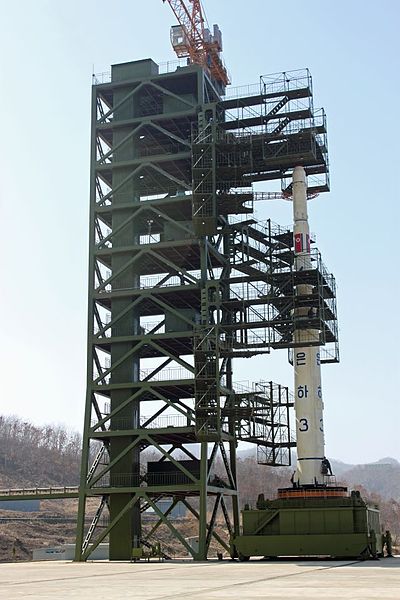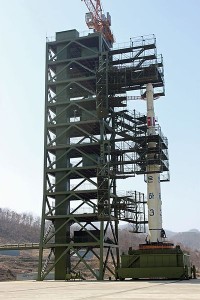
Lost In Translation: The Power of Listening
 North Korea’s latest, and first “successful” nuclear test, has raised concerns as to the direction of Kim Jong Un’s new government. Earlier today, the Washington Post published a story describing what seems to be Kim Jong Un’s strong allegiance to his father’s policies. Less than a year ago when he came into power, that was not what some analysts hoped for or even expected.
North Korea’s latest, and first “successful” nuclear test, has raised concerns as to the direction of Kim Jong Un’s new government. Earlier today, the Washington Post published a story describing what seems to be Kim Jong Un’s strong allegiance to his father’s policies. Less than a year ago when he came into power, that was not what some analysts hoped for or even expected.
In fact, as the article points out, there were subtle signs that suggested, for some, that shifts in the regime could take place: his young age, his two years at school in Europe, a young stylish wife and apparent taste for modern pleasures such as amusement parks.
Recent developments, however, now point to what may be the rise of a more aggressive leader, who may not be as favorable to reform. Why Western media and analysts perceived it differently may speak, among other things, to how we are accustomed to reading foreign actions solely from our perspective, which can be detrimental in public diplomacy initiatives and foreign policy strategy as a whole.
This miscalculation is not restricted to Kim Jong Un’s actions. It happens much in the same way conflicting statements on Iran’s nuclear program, given by Mahmoud Ahmadinejad and Ayatollah Khamenei, can sometimes perplex analysts, and also as we struggle to comprehend Chinese perception of sovereignty in what some have dubbed to be the Pacific Century.
There are of course many other factors at play in these situations, but it is possible that we could do a better job of understanding, analyzing – and perhaps even predicting – what these actors’ plans are if we looked at them from a non-Western perspective, by making an effort to understand their behaviors and listen to their perceived needs.
By trying to examine these circumstances from our perspective, and judging them by how we would react or engage, a lot could be lost in translation. Hence the mistaken analysis of how Kim Jong Un would run his country – apparent ‘modernity’ does not lessen what is his paramount need: regime preservation. In Iran’s case, incongruous statements at times are a consequence of domestic political struggles and may be targeted at the Iranian population and not the international community.
Listening to the different narratives and decoding their meanings while taking in account different perceptions may be difficult, but are crucial for engaging with enemies and friends alike. At times, it is where some of the biggest obstacles to engagement and to producing effective results in foreign policy lie. But if done right, it can also accomplish invaluable breakthroughs.






[…] Lost In Translation: The Power of Listening […]
[…] Lost In Translation: The Power of Listening […]